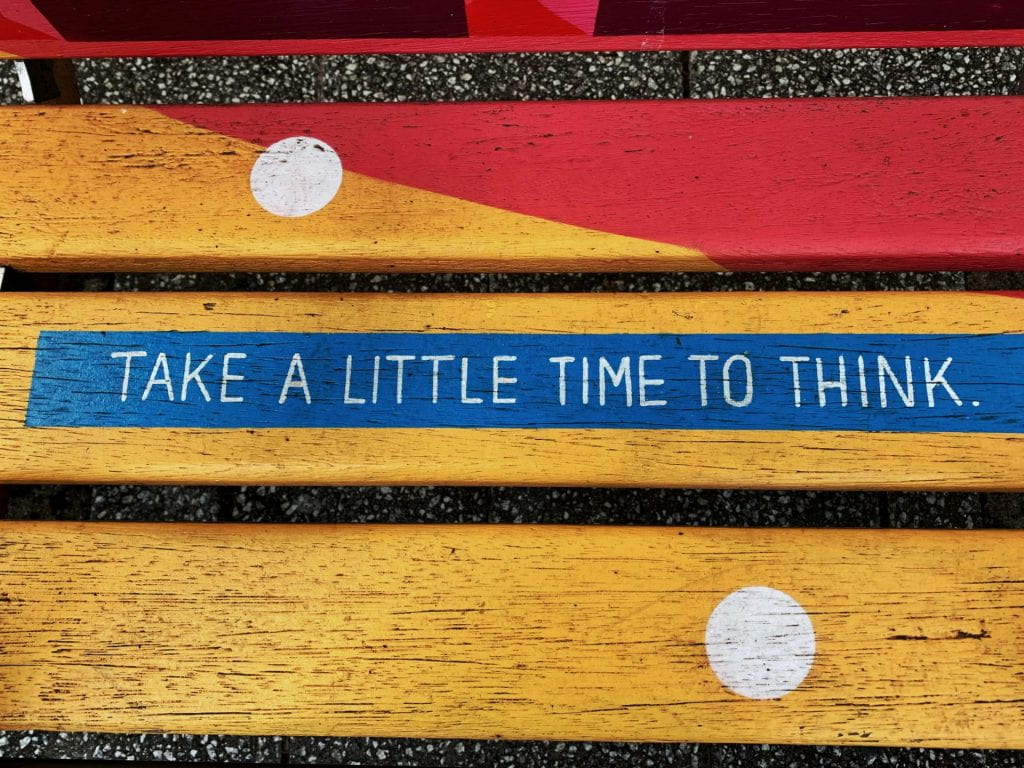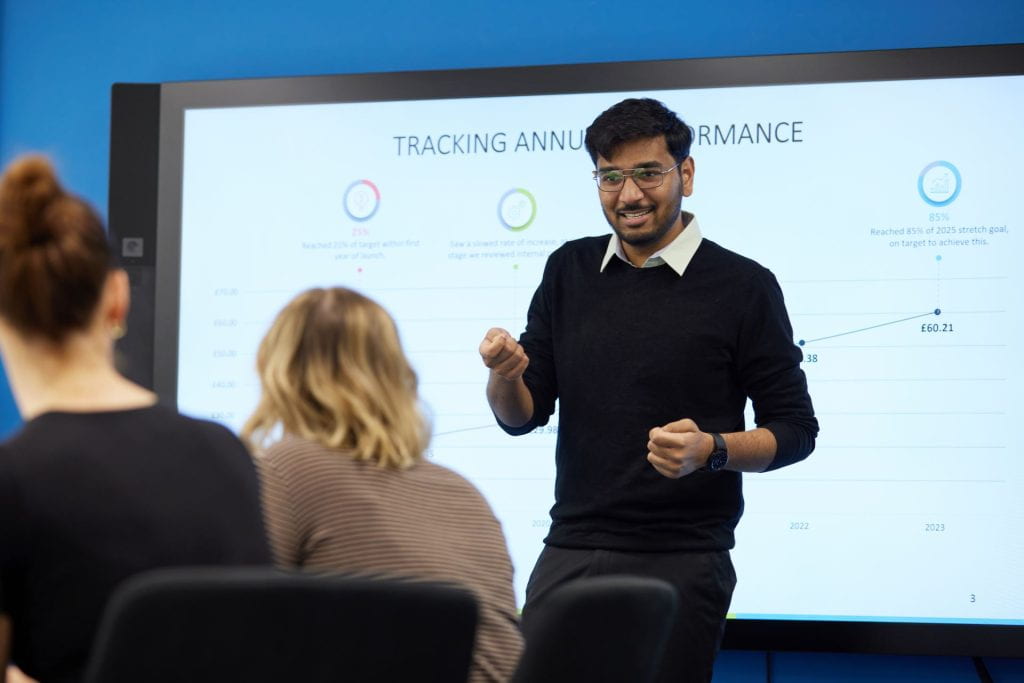At this time of year, you might be thinking about how to make the most of your summer break. It can be an ideal time to get work experience before the next academic year begins.
Work experience not only looks good on your CV or LinkedIn profile, it can also help you:
- Gain a competitive edge when applying for graduate jobs or further study. It can also be a requirement for some careers.
- Develop skills and confidence, gain insights, and build your professional network.
- Decide whether a career area is right for you.
But where to start? It may feel like many internship deadlines have passed. Or perhaps you want to know: “how am I supposed to get experience without previous experience?” It can feel like employers ask for lots of skills and experiences to apply for their internships.
Here are our 3 top tips for getting experience:
1. Start by thinking about the skills you already have or are developing at university

As a university student, you will be developing fantastic skills that employers value. The trick is to identify and articulate them clearly in applications and interviews. This will help employers understand how you can support them through work experience.
You can do this by:
- Completing your My Skills profile to reflect on your existing skills and how to communicate them.
- Identifying skills you’re developing in your degree. Go to Prospects What can I do with my degree pages and look for the Skills for my CV section in your subject.
- Thinking about any part-time and summer jobs you’ve had. Even if you’re only doing a job to pay the bills, use them as evidence of your skills when applying for work experience. See Part-time jobs that will kick-start your graduate career from TargetJobs for advice about this.
- Considering anything else you might have done. Have you done any volunteering (even if it was a one off?), helped at an open day or any other event? Anything where you have used skills can be helpful when applying for work experience.
2. Consider what you’re looking for, and think about the different types of experience.

Are you looking to get into a specific career? Do you want experience to develop skills or try out a new career idea? This might influence what kinds of experience you want to gain.
Use the brand new Types of work experience guide to understand your options. Remember: internships are not the only option! If you haven’t got much experience yet, experimenting with the different options can be a great way to start. For example, virtual internships are easy to access online. Volunteering is usually less competitive than advertised internships. These could give you something valuable to talk about in future applications.
3. Use a range of approaches to find and apply (and don’t forget to tailor applications!)
Don’t just Google “internships”. You will be missing out on opportunities, including experience that isn’t advertised. Use the new Finding work experience, internships and placements guide to develop your approach. It shares sources of advertised experience online. It also outlines how to approach employers to ask for experience. Using a proactive, multi-faceted strategy will help you uncover more opportunities.
When you find something to apply for, remember to tailor your application. This will help the employer see the relevance of your skills to the role. See our CVs and applications support for help with this.
Get ready to start
When you secure some experience, use the new Getting ready to start your work experience, internship or placement resource to help you make the most of it. Good luck!
Further support:
- See work experience, internships and placements resources on mycareer.
- Attend the next work experience and internships intro talk.
- Need a bit more help? Come in and chat to us at 5 Tyndall Avenue or on Live Chat.

